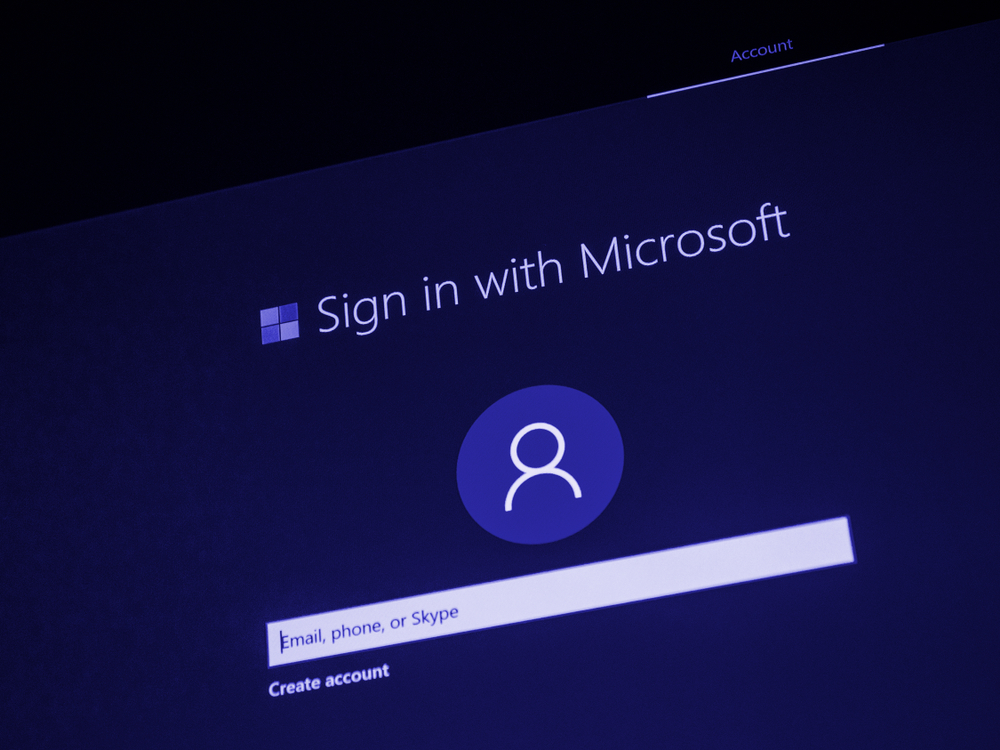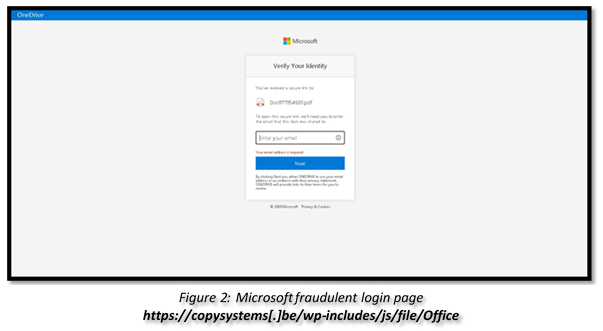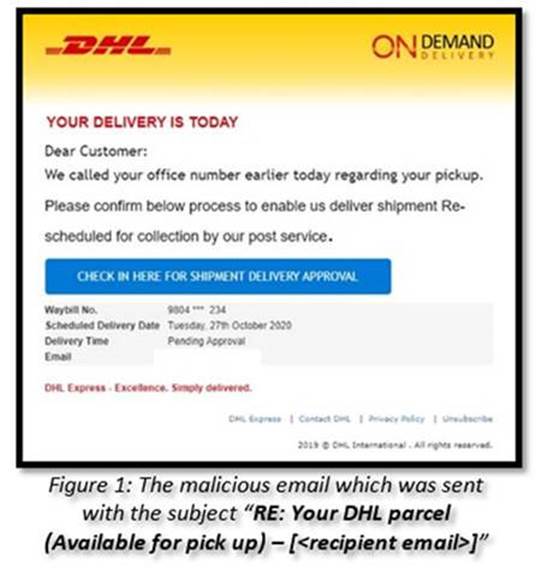Microsoft remains the most-spoofed brand for the second quarter in a row
Malicious use of the tech giant's brand increased by 24% in the last quarter of 2020, according to Check Point


Microsoft ended 2020 as the brand most frequently targeted by cyber criminals, with 43% of all brand phishing attempts related to the tech giant in Q4.
This was a 24% increase from the third quarter of the year, which saw 19% of all attempts linked to the tech giant, according to Check Point research.
The attempts are from criminals looking to steal personal information or payment credentials by impersonating well-known brands that are likely to be used by the employee and their organisation.
The technology industry was the most likely to be targeted by 'brand phishing', according to Check Point, closely followed by retail and shipping. Across October, November and, December, Microsoft was the brand most often imitated by hackers.

"Criminals increased their attempts in Q4 2020 to steal peoples personal data by impersonating leading brands, and our data clearly shows how they change their phishing tactics to increase their chances of success," said Maya Horowitz, director, threat intelligence and research, products at Check Point.
"As always, we encourage users to be cautious when divulging personal data and credentials to business applications, and to think twice before opening email attachments or links, especially emails that claim to from companies, such as Microsoft or Google, that are most likely to be impersonated."
Shipping firm DHL was the second most-spoofed brand for the end of 2020, as criminals sought to take advantage of the significantly higher number of shoppers placing their orders online. Many of these attacks involved delivery failure notices, asking the target to pay a nominal fee to arrange a new delivery.
Sign up today and you will receive a free copy of our Future Focus 2025 report - the leading guidance on AI, cybersecurity and other IT challenges as per 700+ senior executives

Google actually came 7th on the list with only 2% of all brand-related phishing in its name. Amazon ended the year in fourth with 5% while LinkedIn, a Microsoft-owned platform, was third with 6%.
IT Pro has approached Microsoft as the findings will be of huge concern to the tech giant, especially as phishing attempts in its name have doubled over a sixth month period.
Bobby Hellard is ITPro's Reviews Editor and has worked on CloudPro and ChannelPro since 2018. In his time at ITPro, Bobby has covered stories for all the major technology companies, such as Apple, Microsoft, Amazon and Facebook, and regularly attends industry-leading events such as AWS Re:Invent and Google Cloud Next.
Bobby mainly covers hardware reviews, but you will also recognize him as the face of many of our video reviews of laptops and smartphones.
-
 Can the ‘microshifting’ trend work in the tech sector?
Can the ‘microshifting’ trend work in the tech sector?In-depth Research shows that employees want to break up their working days into short, flexible blocks – here’s how tech leaders can implement what’s being coined as ‘microshifting’
-
 Driving sustainable AI success for partners with the AI flywheel
Driving sustainable AI success for partners with the AI flywheelIndustry Insights Igniting sustainable AI success and measurable ROI for partners with the AI flywheel
-
 Warning issued as surge in OAuth device code phishing leads to M365 account takeovers
Warning issued as surge in OAuth device code phishing leads to M365 account takeoversNews Successful attacks enable full M365 account access, opening the door to data theft, lateral movement, and persistent compromise
-
 Amazon CSO Stephen Schmidt says the company has rejected more than 1,800 fake North Korean job applicants in 18 months – but one managed to slip through the net
Amazon CSO Stephen Schmidt says the company has rejected more than 1,800 fake North Korean job applicants in 18 months – but one managed to slip through the netNews Analysis from Amazon highlights the growing scale of North Korean-backed "fake IT worker" campaigns
-
 Complacent Gen Z and Millennial workers are more likely to be duped by social engineering attacks
Complacent Gen Z and Millennial workers are more likely to be duped by social engineering attacksNews Overconfidence and a lack of security training are putting organizations at risk
-
 Hackers are abusing ConnectWise ScreenConnect, again
Hackers are abusing ConnectWise ScreenConnect, againNews A new spear phishing campaign has targeted more than 900 organizations with fake invitations from platforms like Zoom and Microsoft Teams.
-
 The Allianz Life data breach just took a huge turn for the worse
The Allianz Life data breach just took a huge turn for the worseNews Around 1.1 million Allianz Life customers are believed to have been impacted in a recent data breach, making up the vast majority of the insurer's North American customers.
-
 A new, silent social engineering attack is being used by hackers – and your security systems might not notice until it’s too late
A new, silent social engineering attack is being used by hackers – and your security systems might not notice until it’s too lateNews Security researchers have warned the 'FileFix' technique, which builds on the notorious 'ClickFix' tactic, is being used in the wild by threat actors.
-
 The FBI says hackers are using AI voice clones to impersonate US government officials
The FBI says hackers are using AI voice clones to impersonate US government officialsNews The campaign uses AI voice generation to send messages pretending to be from high-ranking figures
-
 Employee phishing training is working – but don’t get complacent
Employee phishing training is working – but don’t get complacentNews Educating staff on how to avoid phishing attacks can cut the rate by 80%
